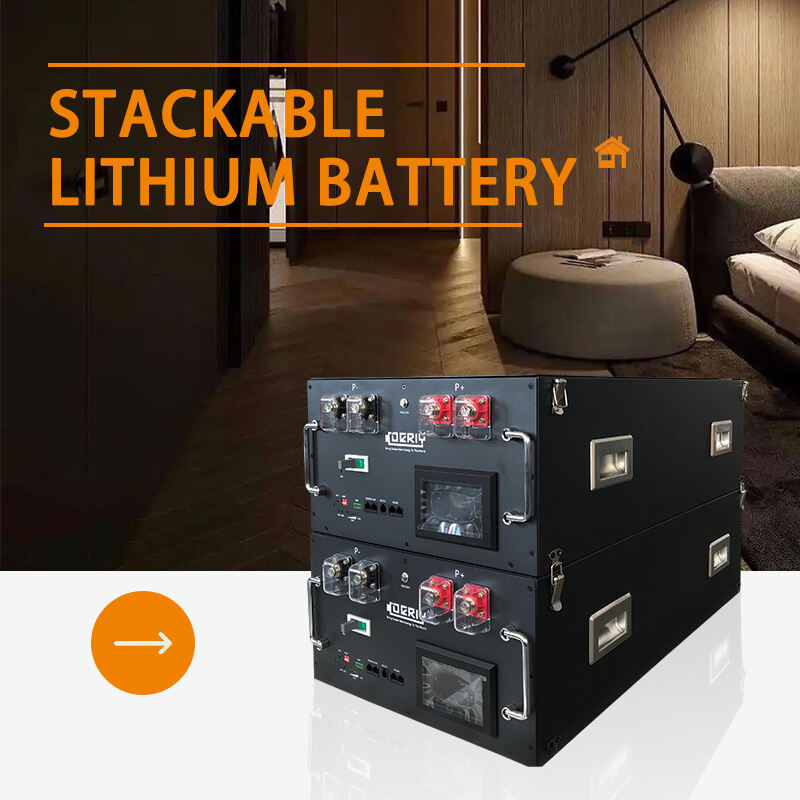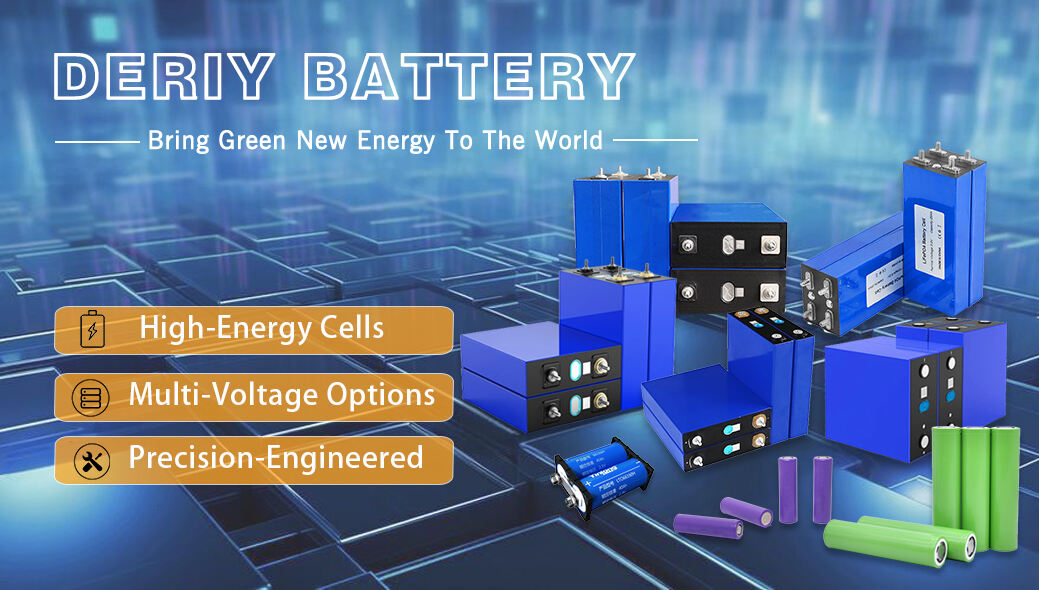
A solar storage system forms a vital component of a solar power system. It stores the electricity produced by solar panels so that it can be used when needed. It usually consists of batteries, inverters, and charge controllers. There are various types of batteries, but lithium-ion batteries are popular due to their efficiency and long lifespan. Inverters change the stored direct current (DC) power to alternating current (AC) power used in the home. The charge controller controls the battery charging process to avoid overcharging and ensure longevity. A well-designed solar storage system optimally utilizes solar energy.
